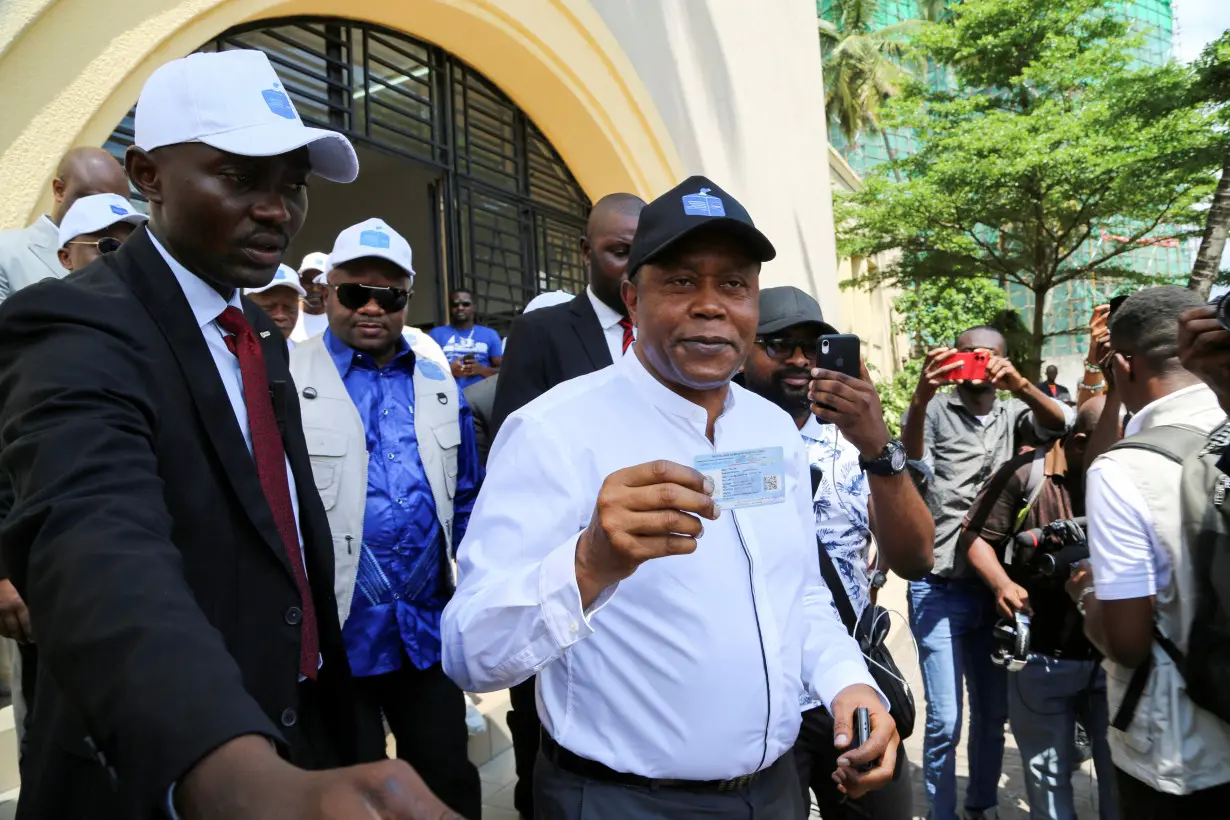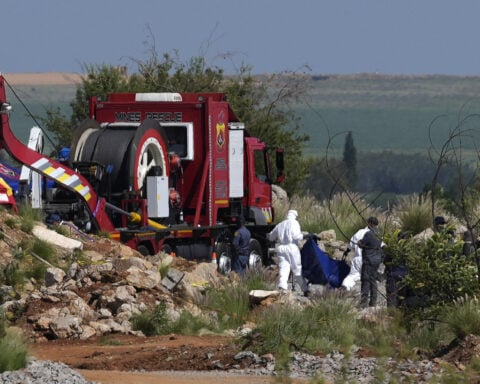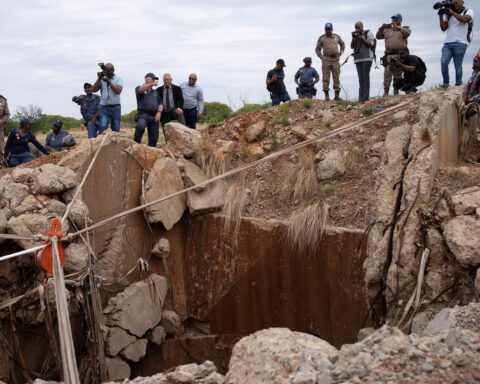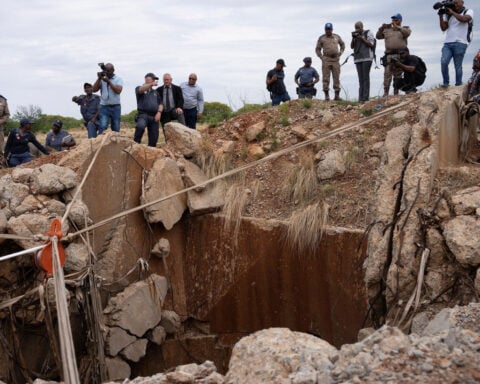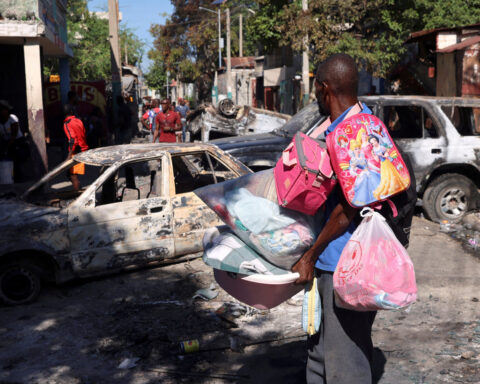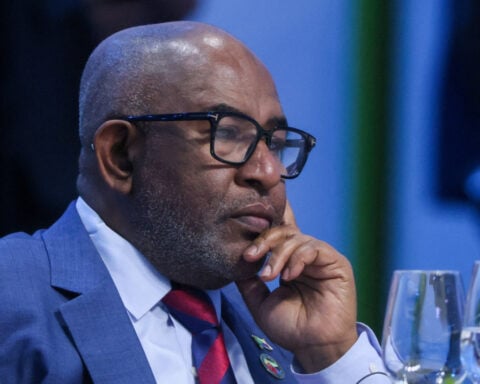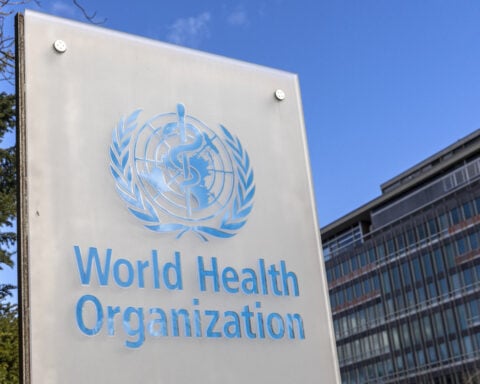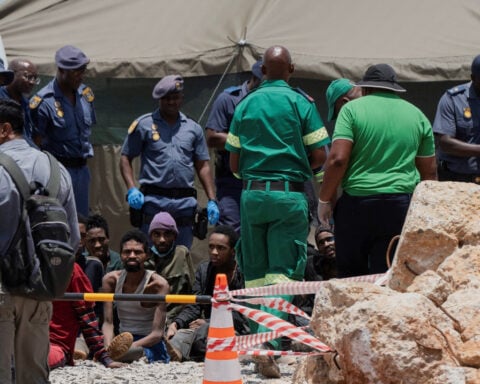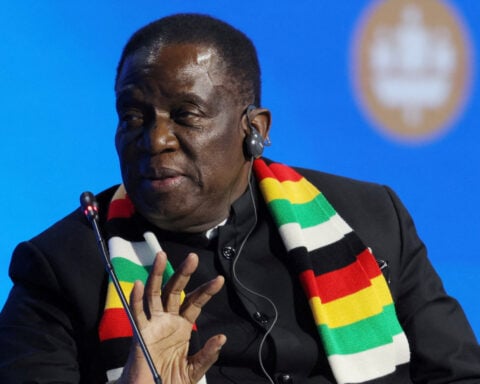By Simon Lewis
WASHINGTON (Reuters) - The head of the Democratic Republic of Congo's election commission promised to hold an inclusive vote in December during a "rebranding" tour of the United States that aimed to dispel concerns about the body's past record.
The Independent National Electoral Commission (CENI) is organizing Dec. 20. presidential, legislative and regional elections in Africa's second largest country, which is struggling to contain a myriad of armed groups and a rebellion.
CENI is undergoing "rebranding" to show people it has changed since past elections that were marred by irregularities and violence, CENI president Denis Kadima told Reuters in an interview in Washington on Friday.
"CENI has a very bad reputation. The 2011 elections, followed by the 2018 elections, have left many people so disappointed with the institution," said Kadima. "It will be an improved process - in terms of inclusiveness first of all."
He cited, as an example, that some of the 24 presidential candidates were in exile or barred from participating in 2018. Critics were unfairly focused on the negatives, Kadima said.
Kadima, who was appointed in 2021, said observers from groups including the U.S.-funded Carter Center and the European Union were expected to monitor the elections.
As President Felix Tshisekedi campaigns for a second term, his administration has had to deny allegations from rights groups and international allies of a crackdown on freedom of expression and political dissent.
U.S. officials who met Kadima in Washington encouraged him to ensure all eligible Congolese are able to confirm their voter registration, correct any mistakes, and "ultimately participate at each step of the electoral process," a State Department spokesperson said on Tuesday.
Kadima said CENI, which will spend $1.1 billion on the elections, has increased voter registration to 43.9 million, compared to 40.4 million in the previous election - and was deploying technical teams to conflict zones to try to bring more Congolese into the process.
Washington remains concerned about "possible violence, threats to the press freedom and freedom of peaceful assembly, and attempts by certain parties to manipulate the vote," the spokesperson said.
(Reporting by Simon Lewis; additional reporting by Sonia Rolley; editing by Grant McCool)

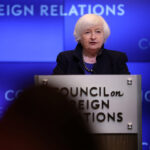 Yellen defends COVID spending, says it saved millions from losing jobs
Yellen defends COVID spending, says it saved millions from losing jobs
 Futures flat on caution ahead of bank earnings, key inflation data
Futures flat on caution ahead of bank earnings, key inflation data
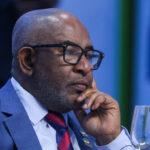 Comoros ruling party wins parliamentary elections, opposition rejects results
Comoros ruling party wins parliamentary elections, opposition rejects results
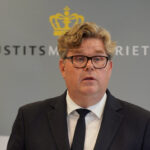 Sweden seeks to change constitution to be able to revoke citizenships
Sweden seeks to change constitution to be able to revoke citizenships
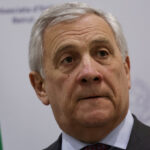 Italy protests to Venezuela over arrest of NGO worker
Italy protests to Venezuela over arrest of NGO worker
 Euro zone's depressed industry records small rebound in November
Euro zone's depressed industry records small rebound in November
 Bayern Munich signs US youngster Bajung Darboe from LAFC
Bayern Munich signs US youngster Bajung Darboe from LAFC
 Novak Djokovic breaks a tie with Roger Federer for the most Grand Slam matches in tennis history
Novak Djokovic breaks a tie with Roger Federer for the most Grand Slam matches in tennis history
 China's RedNote: what you need to know about the app TikTok users are flocking to
China's RedNote: what you need to know about the app TikTok users are flocking to
